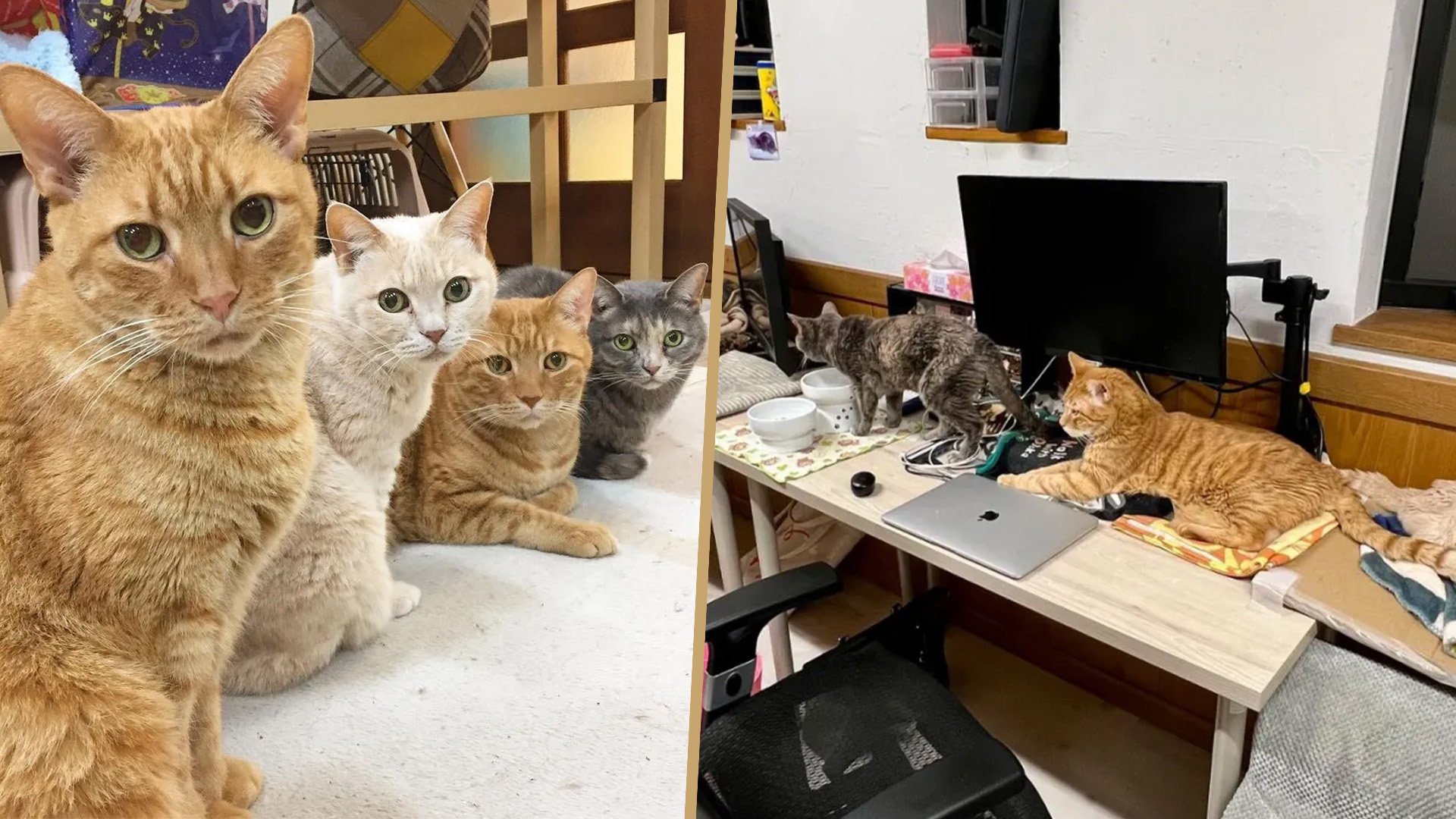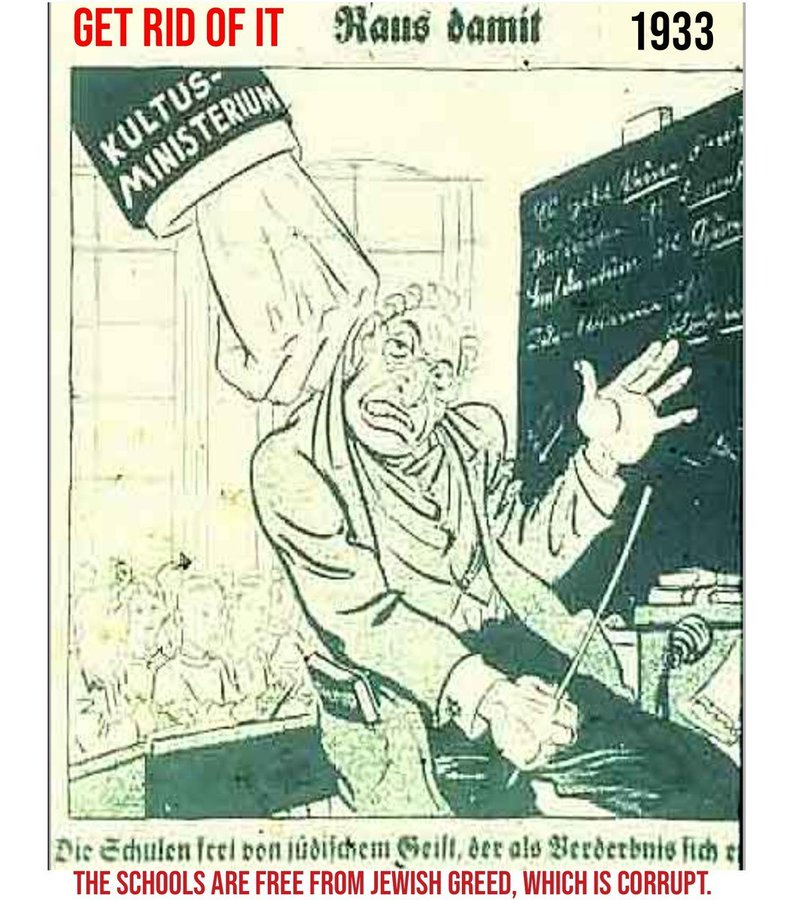Biden at African Summit: Sleep Instead of Solutions
The U.S. president drew attention after appearing to doze off at an official event, sparking criticism and debate.
President Joe Biden faced renewed scrutiny after seemingly falling asleep during a key session of the Trans-African Summit. The incident, captured on video, has fueled criticism from political opponents and reignited discussions about the president’s age and capacity to handle his duties.
What Happened?
The Trans-African Summit focused on major issues like climate change, economic growth, and security, drawing leaders from across the continent and beyond.
During the summit, Biden appeared tired. Video footage shows him closing his eyes for a few moments during another leader’s speech on sustainable development. The moment quickly went viral, drawing mixed reactions.
Public Reaction
Critics, particularly from the Republican Party, wasted no time in pointing out the incident. Some questioned whether the 81-year-old president can handle the demands of his office.
“If he can’t stay awake during crucial talks, how can he manage the country?” tweeted Senator Ted Cruz.
Supporters of Biden argue that the episode is being exaggerated. They cite the intense travel schedule, time zone differences, and the demands of the summit as factors that could affect anyone.
Why It Matters
The incident raises ongoing concerns about Biden’s age and fitness for office. As he prepares to seek reelection in 2024, his health has become a focal point for critics. Although Biden has passed regular medical checkups confirming his fitness, moments like these fuel doubts about his stamina.
In an increasingly volatile global landscape, the ability of a U.S. president to fully engage in international affairs is seen as critical.
What’s Next?
The White House has yet to comment on the matter. An official statement is expected as the administration seeks to control the narrative and address public concerns.
The editorial board is not responsible for the content and accuracy of material taken, sent or obtained from other sources. The publication of such materials is for informational purposes only and does not imply automatic endorsement or approval of their content.

























